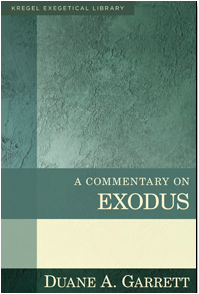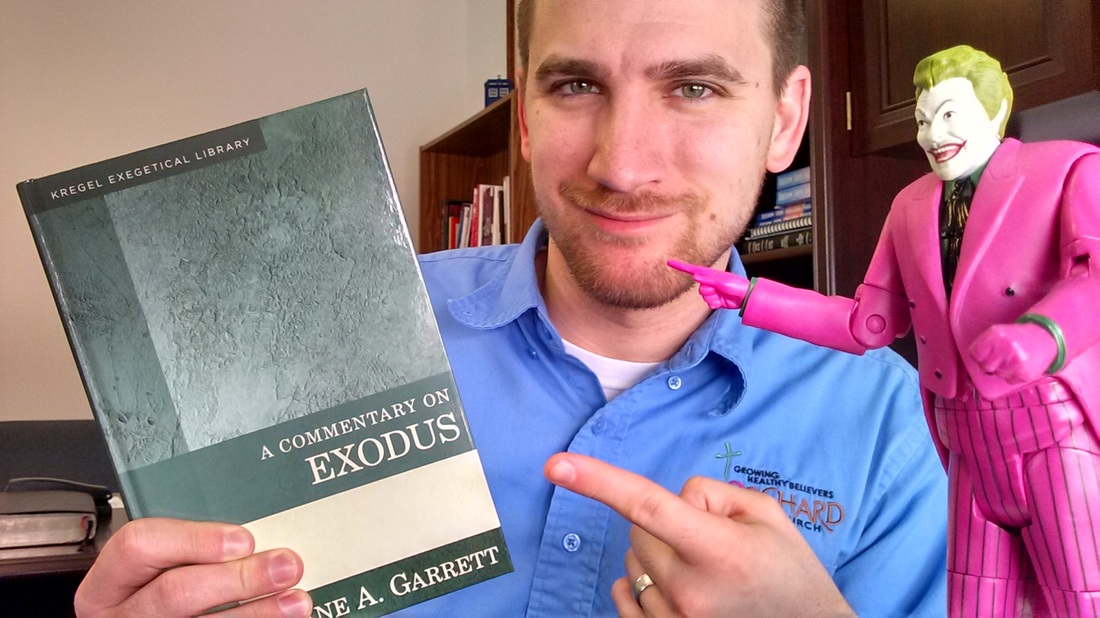It made sense. And successful mega-church pastors said it was important.
They even quoted the Bible to show how it was necessary: Where there is no vision, the people perish (Pro 29:18a KJV).
Now, I've never been a wonderful "vision caster" to begin with. So, I've never really done much "vision casting" during my fifteen years of ministry (eight years as a pastor). I wish it was because I was super-discerning, but it's not.
I just thought this was an area of growth for me. And then I came across the now infamous Steven Furtick coloring book from Elevation Church.
This "church is built on the vision God gave Pastor Steve"! Not so! The church is built on the Lord Jesus Christ. The church is built on the proclamation of the Gospel.
The moment I read this coloring book everything became clear. No matter how good the vision of the pastor, it is far short of the vision already given to the church by our Lord and Master.
The church already has a vision. It's called The Great Commission: Go, therefore, and make disciples of all nations, baptizing them in the name of the Father and of the Son and of the Holy Spirit, teaching them to observe everything I have commanded you. And remember, I am with you always, to the end of the age.” (Matt. 28:19-20)
So, what about all those verses about people perishing from lack of vision?
Well, this is a gross abuse of the text. The verse is ripped out of context. It doesn't mean the pastor should give the people his vision. Here's what the whole proverb says in the KJV: Where there is no vision, the people perish: but he that keepeth the law, happy is he. (Pro 29:18 KJV)
A rudimentary understanding of the Hebrew language illuminates this text even more. But without that, a simple survey of other good translations show us what God the Holy Spirit was communicating when he inspired this:
HCSB -Without revelation people run wild, but one who listens to instruction will be happy.
NASB - Where there is no vision, the people are unrestrained, But happy is he who keeps the law.
ESV - Where there is no prophetic vision the people cast off restraint, but blessed is he who keeps the law.
This text isn't talking about a pastor or leader casting vision. It's talking about people lacking the prophetic Word of God. Without God's revelation (the Word of God) sin goes unchecked. This is a proverb about the need to hear and understand God's Revelation - The Bible.
Proverbs 29:18a (only the first half) is often conflated with Hosea: My people are destroyed for lack of knowledge (Hos 4:6a HCSB). But once again, the whole verse bears out what God the Holy Spirit was actually communicating: My people are destroyed for lack of knowledge. Because you have rejected knowledge, I will reject you from serving as My priest. Since you have forgotten the law of your God, I will also forget your sons. (Hos 4:6 HCSB)
It is about knowing God. And how do we know God? Through his Divine Law. Through his Revelation. Through the Word of God. Through the Bible.
In both of these maligned verses the people are lacking knowledge of God's Law/God's Word. It is destroying them.
So, it's ironic that visionary leaders use these texts to justify gathering people around their vision, which will ultimately hurt the congregation. Because no matter how good the "vision" of the leader is, the Revelation of God (the Bible) is infinitely better.
As a young pastor I spend time in 1 & 2 Timothy and Titus. I want to better understand what my role as a pastor is. Paul doesn't talk about vision-casting. He talks about being a herald. One who proclaims the message of the Gospel (no innovation needed!):
- Keep your attention on Jesus Christ as risen from the dead and descended from David. This is according to my gospel. (2 Tim 2:8 HCSB)
- I solemnly charge you before God and Christ Jesus, who is going to judge the living and the dead, and because of His appearing and His kingdom: Proclaim the message; persist in it whether convenient or not; rebuke, correct, and encourage with great patience and teaching. (2 Tim 4:1-2 HCSB)
- Timothy, guard what has been entrusted to you, avoiding irreverent, empty speech and contradictions from the “knowledge” that falsely bears that name. By professing it, some people have deviated from the faith. Grace be with all of you. (1 Tim 6:20-21 HCSB)
Now, I think the local church needs to strategize how they can best fulfill the great commission. But this isn't vision-casting. The vision is always, always, always The Great Commission.
I'm a messenger. A herald. A preacher.
It's my job to proclaim what is written, correctly.
I'm not a vision-caster.






 RSS Feed
RSS Feed
